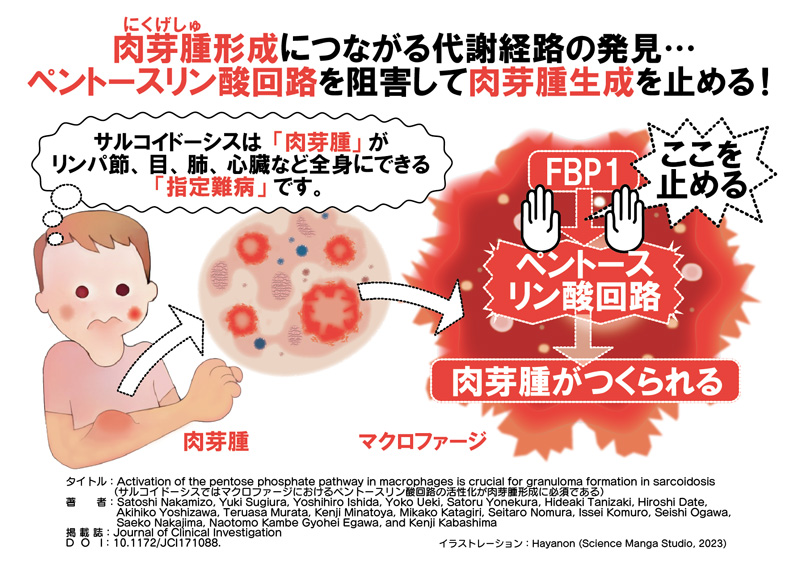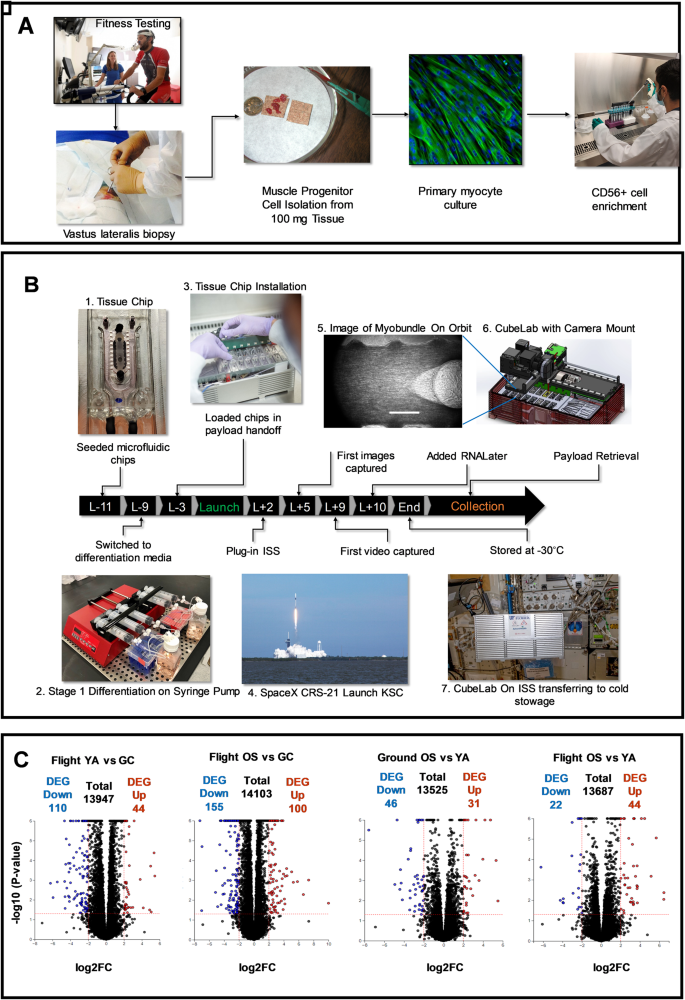2023-11-30 インペリアル・カレッジ・ロンドン(ICL)
◆葉酸はほうれん草、キャベツ、ブロッコリーなどに含まれており、食事からの摂取が大腸がん予防に有効であることを示唆しています。研究は、通常の葉酸摂取でも効果があり、がんリスクに影響を与える可能性があると指摘しています。大腸がんはイギリスで4番目に多いがんであり、この研究は健康的な食事ががんリスクの低減に寄与することを強調しています。
<関連情報>
- https://www.imperial.ac.uk/news/249894/largest-study-kind-shows-leafy-greens/
- https://www.sciencedirect.com/science/article/pii/S0002916523661088
大腸がんリスクに関する葉酸のゲノムワイド相互作用解析 Genome-wide interaction analysis of folate for colorectal cancer risk
Emmanouil Bouras, Andre E. Kim, Yi Lin, John Morrison, Mengmeng Du, Demetrius Albanes, Elizabeth L. Barry, James W. Baurley, Sonja I. Berndt, Stephanie A. Bien, Timothy D. Bishop, Hermann Brenner, Arif Budiarto, Andrea Burnett-Hartman, Peter T. Campbell, Robert Carreras-Torres, Graham Casey, Tjeng Wawan Cenggoro, Andrew T. Chan, Jenny Chang-Claude, David V. Conti, Michelle Cotterchio, Matthew Devall, Virginia Diez-Obrero, Niki Dimou, David A. Drew, Jane C. Figueiredo, Graham G. Giles, Stephen B. Gruber, Marc J. Gunter, Tabitha A. Harrison, Akihisa Hidaka, Michael Hoffmeister, Jeroen R. Huyghe, Amit D. Joshi, Eric S. Kawaguchi, Temitope O. Keku, Anshul Kundaje, Loic Le Marchand, Juan Pablo Lewinger, Li Li, Brigid M. Lynch, Bharuno Mahesworo, Satu Männistö, Victor Moreno, Neil Murphy, Polly A. Newcomb, Mireia Obón-Santacana, Jennifer Ose, Julie R. Palmer, Nikos Papadimitriou, Bens Pardamean, Andrew J. Pellatt, Anita R. Peoples, Elizabeth A. Platz, John D. Potter, Lihong Qi, Conghui Qu, Gad Rennert, Edward Ruiz-Narvaez, Lori C. Sakoda, Stephanie L. Schmit, Anna Shcherbina, Mariana C. Stern, Yu-Ru Su, Catherine M. Tangen, Duncan C. Thomas, Yu Tian, Caroline Y. Um, Franzel JB. van Duijnhoven, Bethany Van Guelpen, Kala Visvanathan, Jun Wang, Emily White, Alicja Wolk, Michael O. Woods, Cornelia M. Ulrich, Li Hsu, W James Gauderman, Ulrike Peters, Konstantinos K. Tsilidis
The American Journal of Clinical Nutrition Available online: 26 August 2023
DOI:https://doi.org/10.1016/j.ajcnut.2023.08.010

Abstract
Background
Epidemiological and experimental evidence suggests that higher folate intake is associated with decreased colorectal cancer (CRC) risk; however, the mechanisms underlying this relationship are not fully understood. Genetic variation that may have a direct or indirect impact on folate metabolism can provide insights into folate’s role in CRC.
Objectives
Our aim was to perform a genome-wide interaction analysis to identify genetic variants that may modify the association of folate on CRC risk.
Methods
We applied traditional case-control logistic regression, joint 3-degree of freedom, and a 2-step weighted hypothesis approach to test the interactions of common variants (allele frequency >1%) across the genome and dietary folate, folic acid supplement use, and total folate in relation to risk of CRC in 30,550 cases and 42,336 controls from 51 studies from 3 genetic consortia (CCFR, CORECT, GECCO).
Results
Inverse associations of dietary, total folate, and folic acid supplement with CRC were found (odds ratio [OR]: 0.93; 95% confidence interval [CI]: 0.90, 0.96; and 0.91; 95% CI: 0.89, 0.94 per quartile higher intake, and 0.82 (95% CI: 0.78, 0.88) for users compared with nonusers, respectively). Interactions (P-interaction < 5×10-8) of folic acid supplement and variants in the 3p25.2 locus (in the region of Synapsin II [SYN2]/tissue inhibitor of metalloproteinase 4 [TIMP4]) were found using traditional interaction analysis, with variant rs150924902 (located upstream to SYN2) showing the strongest interaction. In stratified analyses by rs150924902 genotypes, folate supplementation was associated with decreased CRC risk among those carrying the TT genotype (OR: 0.82; 95% CI: 0.79, 0.86) but increased CRC risk among those carrying the TA genotype (OR: 1.63; 95% CI: 1.29, 2.05), suggesting a qualitative interaction (P-interaction = 1.4×10-8). No interactions were observed for dietary and total folate.
Conclusions
Variation in 3p25.2 locus may modify the association of folate supplement with CRC risk. Experimental studies and studies incorporating other relevant omics data are warranted to validate this finding.


